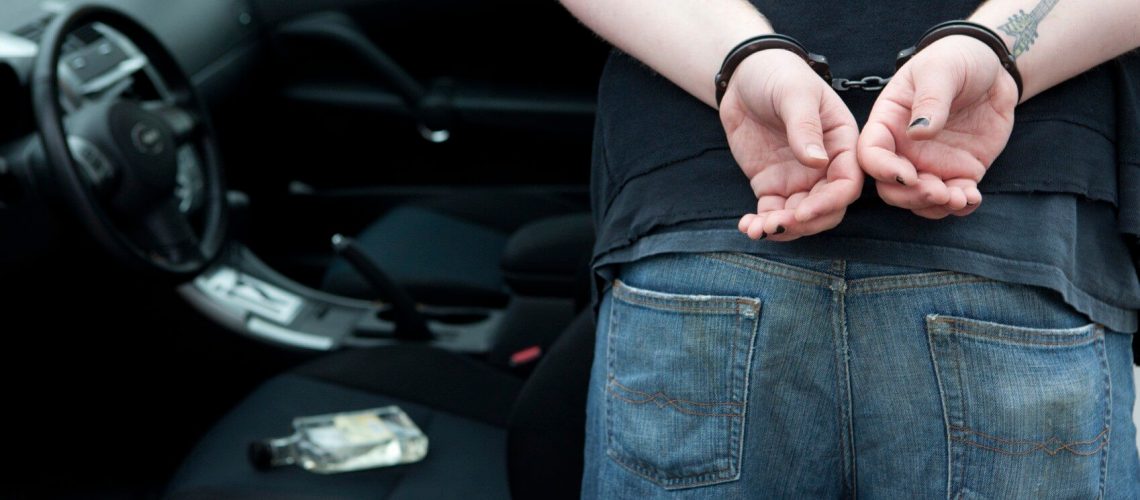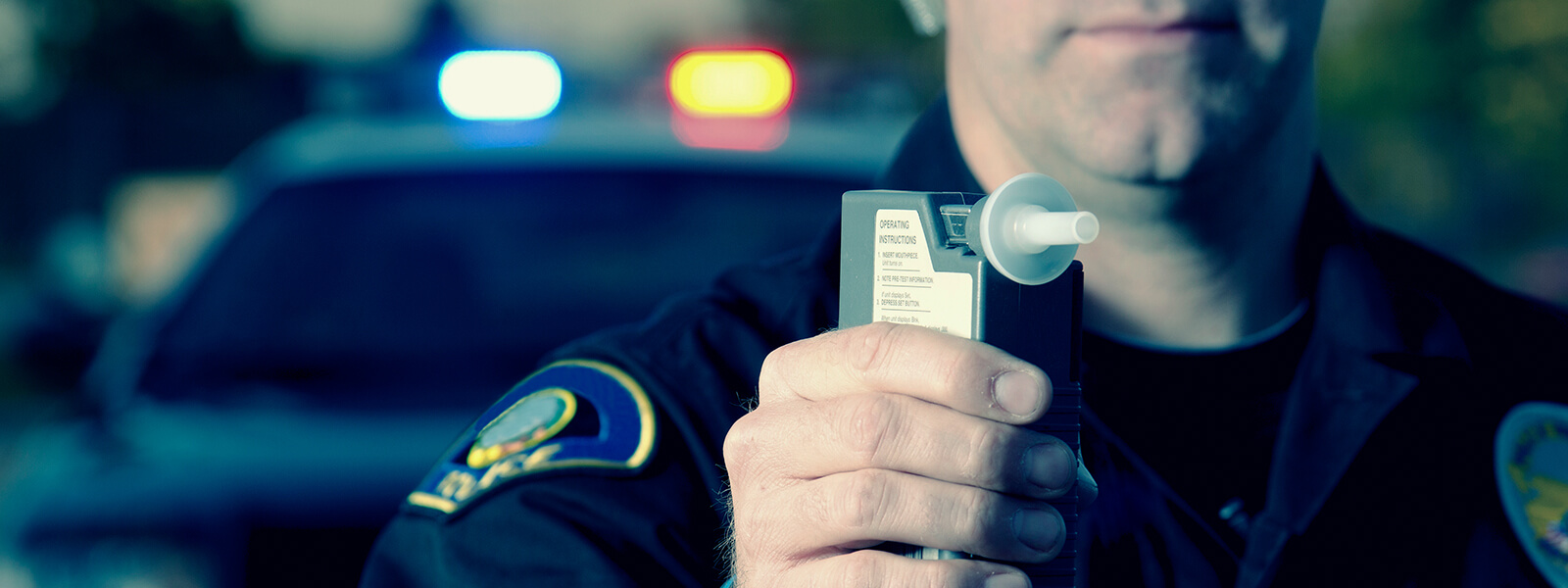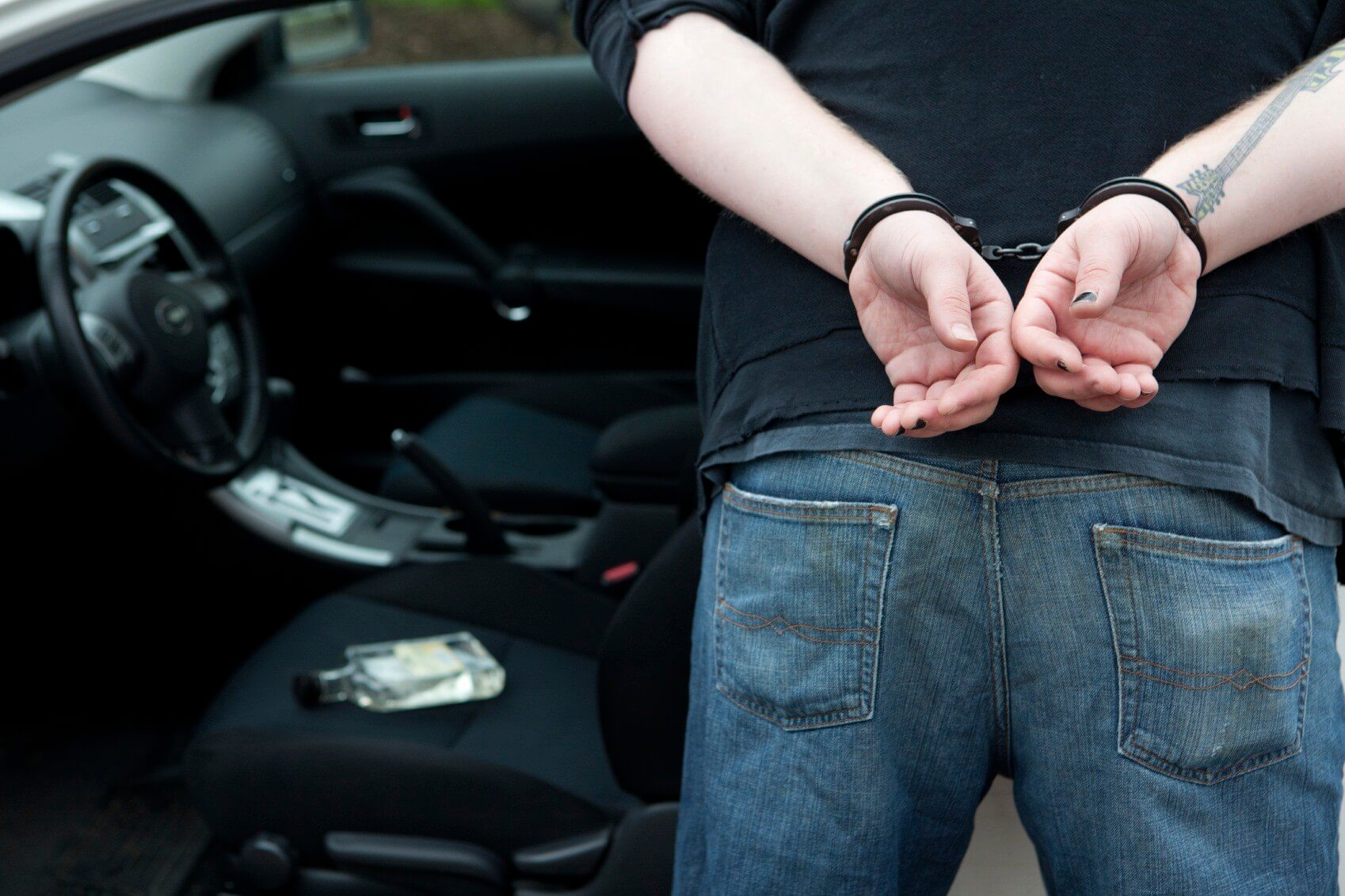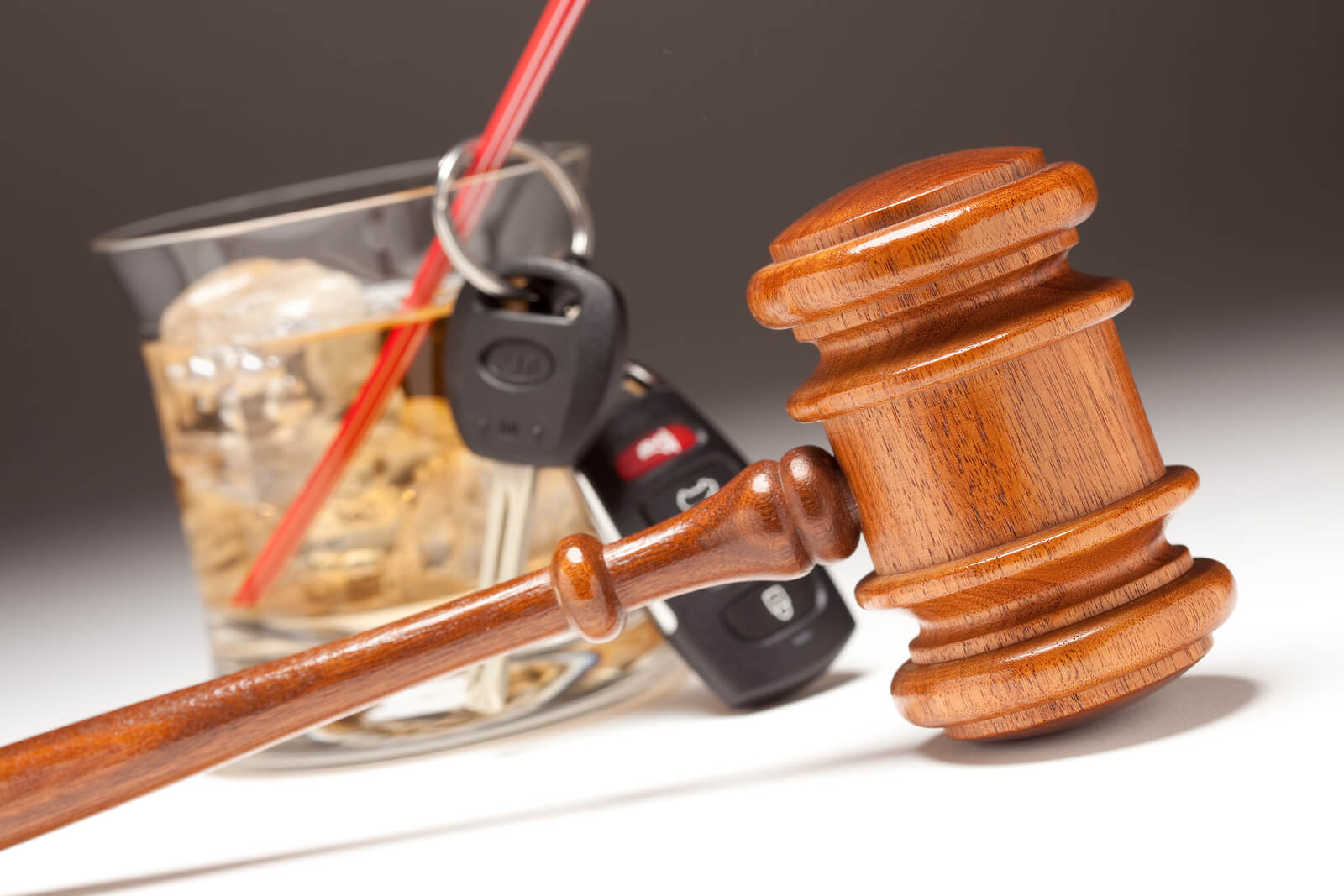If you or a loved one are pulled over and arrested for a DUI, it is critically important that you become aware of the steps you can take to achieve the best possible outcome for your case. When faced with a DUI charge, it is best to consult a highly experienced DUI defense attorney who can effectively defend your charge in court and with the DMV. Here at The Law Offices of Hart J. Levin, we ensure that your case receives the personalized attention it deserves and fight your DUI charge with the strongest and most cutting edge legal defense strategies.
Police Will Ask Questions to Probe for Information
A DUI arrest generally begins either at a sobriety checkpoint where law enforcement officials are randomly checking drivers to find people who may be under the influence, or when an officer sees bad driving or vehicle code violations that indicate the driver may be under the influence of alcohol or drugs. The suspected drunk driver is pulled over to the side of the road and asked to provide their driver’s license and vehicle registration. In the meantime, the officer will observe the driver for any signs of impairment, such as bloodshot and water eyes, slow and slurred speech, or the odor of alcohol emanating from the driver. The officer will typically ask the driver where they were coming from and where they are headed. The main reason for these questions is to get the driver talking to the officer so the officer can observe the driver for impairment. If the officer suspects that the driver may be impaired, the officer will then ask that the driver step out of the vehicle to perform field sobriety tests. The field sobriety tests are used to give the officers more information regarding possible impairment by the driver.
Field Sobriety Tests and Consequences for Refusal
Field sobriety tests are designed to challenge the driver’s balance, coordination, ability to follow precise directions, and other factors that can serve as evidence against the suspected DUI driver. If the officer forms the opinion that the driver is driving drunk or is otherwise impaired based on their assessments, the officer will then arrest the driver and provide the driver with an order of suspension (APS) and a temporary license. The officer will confiscate the driver’s license if it is a California issued license. The driver will be taken to a police station or hospital where he or she will be asked to submit to a post-arrest breath or blood test. If the driver refuses both tests (blood and breath), that driver is subject to additional consequences, including at least a one-year suspension of his or her driver’s license. If you are being arrested for a DUI, it is always best to be completely respectful towards the officers. It is also important that you submit to a post-arrest chemical test (blood or breath). Failure to do either one of these will dramatically worsen the penalties you face in the criminal case and make it more challenging to get the case dismissed or reduced.
Know Your Rights and Options
When being detained by officers for a DUI investigation, it is critical to know your rights and options. When you are pulled over, you are not required to take any field sobriety tests. Field sobriety tests can be refused without consequence, despite what the officers may tell you. This includes the ability to refuse the handheld breathalyzer known as the PAS device, which is not required by law. The only tests that are required are either the formal breath test (chemical test often administered at the police station and is a much larger breathalyzer) or the blood test, which is often obtained in a hospital setting.
You are also protected from any unreasonable search and seizure under the Fourth Amendment of the Constitution. That means that the police must have a valid reason for pulling you over and detaining you, otherwise the case may be dismissed in court in a suppression hearing. The only exception to this requirement is a checkpoint, where officers can randomly stop vehicles without any probable cause. It’s best not to argue with officers about why they stopped you. It is not an argument you can win on the side of the road. A skilled attorney can invalidate the probable cause in court if the police did not have a valid reason for detaining you. Once you have been arrested for DUI and released from jail, the most time-sensitive matter is requesting an APS (DMV) hearing. A DMV hearing gives your attorney the ability to contest your license suspension or revocation as long the hearing was requested within 10 calendar days from the date of arrest. If you fail to request a DMV hearing within the 10 day limit, your license will become automatically suspended after 30 days. At the Law Offices of Hart Levin, we will contact the DMV immediately for you to request and schedule a hearing so long as you contact us within 10 calendar days after your arrest. We will handle the case on your behalf, so generally you will not need to make an appearance in court or at the DMV.
In order to obtain the best possible outcome, we highly recommend that you contact our firm immediately after your arrest to allow us to carefully evaluate the evidence and put together a winning defense strategy. Contact the Law Offices of Hart J. Levin at 310-935-3100 to schedule a free consultation, over the phone or in-person, with one of our attorneys.






